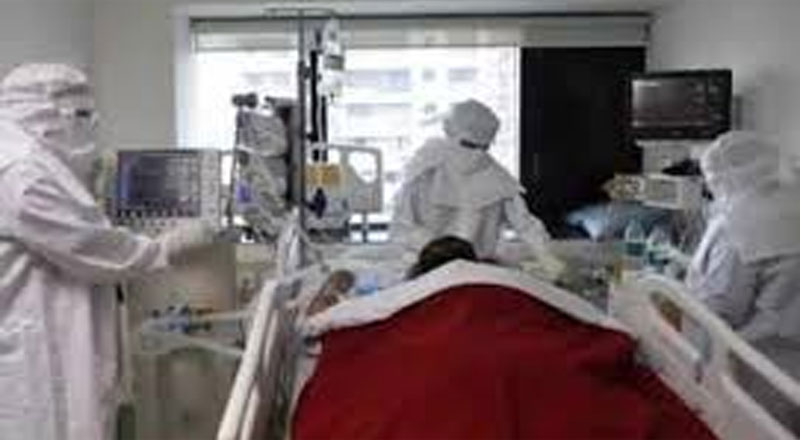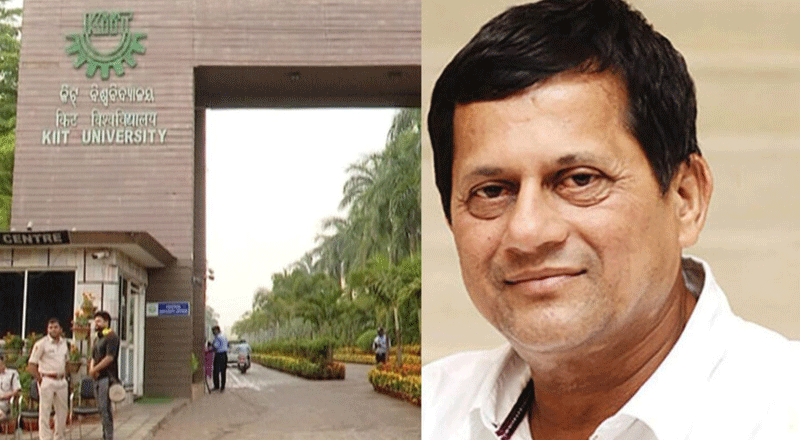It seems the COVID-19, has bought a fortune to the hospital chains in the country. A question arises when there is no vaccine is not available, then from where the cost is coming. Hence people are share to go to hospitals. There are thousands of cases been seen across the country.
Formulating effective laws to counter bio-terrorism is one of the important lessons to be learnt from the COVID-19 pandemic, a Parliamentary Standing Committee on Health has said in a report, “The Outbreak of Pandemic COVID-19 And its Management.” Among other things, the report said low testing and shoddy contact tracing were responsible for the spike in cases.
Inadequate beds in government hospitals and absence of specific guidelines for Covid-19 treatment resulted in private hospitals charging exorbitant fees, a parliamentary panel on Saturday said, asserting that a sustainable pricing model could have averted many deaths.
Chairperson of the parliamentary standing committee on health Ram Gopal Yadav submitted the report on ‘Outbreak of Pandemic Covid-19 and its Management’, to Rajya Sabha Chairman M. Venkaiah Naidu. This is the first report by any parliamentary committee on the government’s handling of the pandemic.
Underlining that healthcare spending in the country with a population of 1.3 billion is “abysmally low”, the panel said the fragility of the Indian health ecosystem posed a big hurdle in generating an effective response against the pandemic.
“The committee, therefore, strongly recommends the government to increase its investments in the public healthcare system and make consistent efforts to achieve the National Health Policy targets of expenditure up to 2.5 % of GDP within two years as the set time frame of year 2025 is far away and public health cannot be jeopardised till that time schedule,” the report stated. The National Health Policy 2017 has set a target of increasing government expenditure on healthcare to 2.5 % of GDP by 2025, from just 1.15 % in 2017.
Stating that the public had to undergo trauma and distress due to the absence of a dedicated healthcare system, the committee observed that the number of government hospital beds in the country were not adequate to handle the increasing number of COVID and non-COVID patients.
The report also said that the need for effective legislation to counter bio-terrorism was one of the important lessons to be learnt from the Covid-19 pandemic. “The adverse effects of Covid-19 pandemic have taught the lesson on the importance of controlling biological agents and the need of strategic partnerships among different nations. The Committee, therefore, feels that the present time is the most appropriate for the Government to formulate effective laws to counter bio-terrorism.”
This conclusion is based on the deliberations that the committee had with the Department of Health and Family Welfare which submitted a seven-point action plan that is needed to ensure security against biological weapons. These include “strengthening disease surveillance, including at animal-human interface, training and capacity building for management of public health emergencies arising from use of bio-weapons and strengthening research and surveillance activities related to development of diagnostics, vaccines and drugs.”
The report, however, does not explicitly state that the Covid-19 virus itself was a bio-weapon. The international scientific community has repeatedly debunked the conspiracy theory that Covid-19 virus was developed as a bio-weapon.





